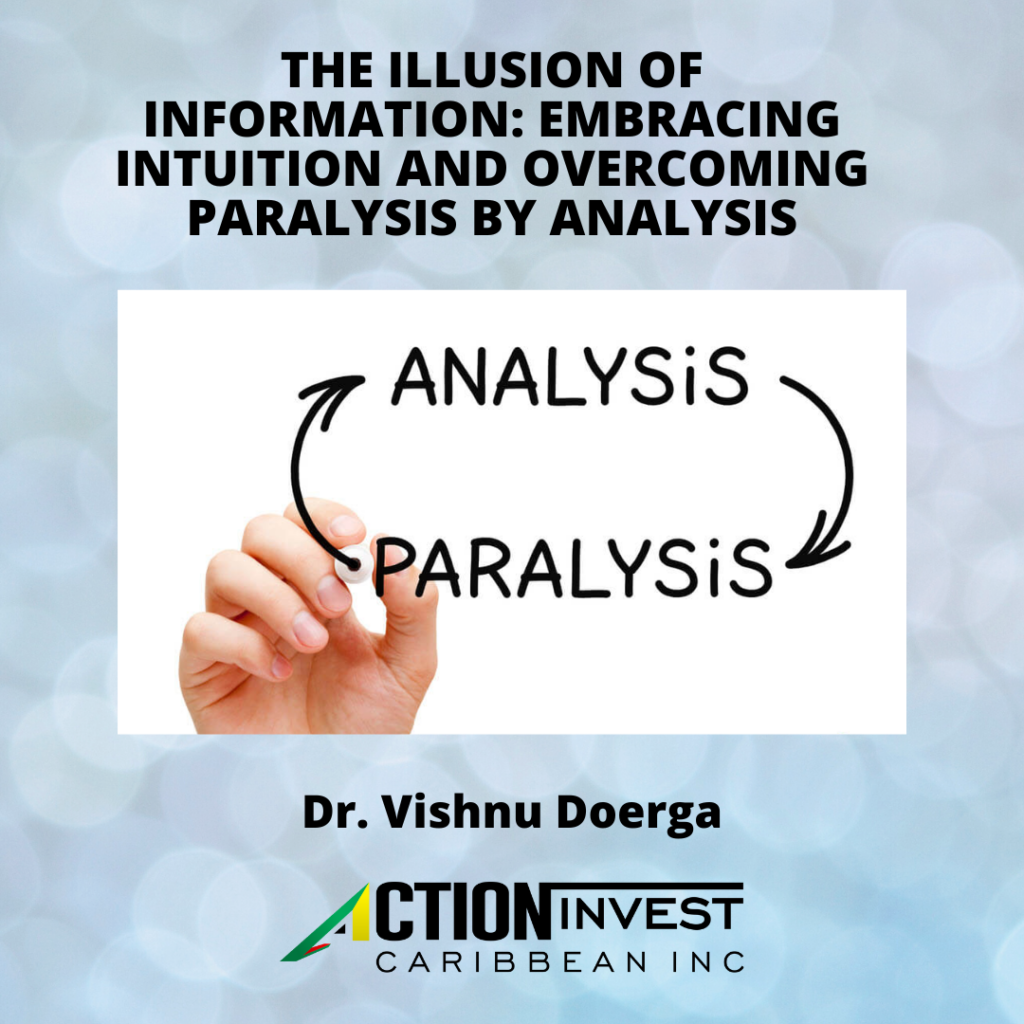In the realm of decision-making, we often fall prey to the alluring belief that more information inevitably leads to better choices. This notion, however, is often a mirage, a false promise that can lead us down a path of endless analysis, paralysis by data, and ultimately, inaction.
A compelling study from the early 1970s, as referenced by Darren Hardy, highlights this fallacy. Researchers sought to determine whether access to more detailed information enhanced decision-making prowess. They presented participants with varying degrees of information about a test subject, from brief summaries to comprehensive notes spanning years. Surprisingly, the quality of their decisions remained statistically indistinguishable, regardless of the information provided.
This counterintuitive finding suggests that our relentless pursuit of granular detail often proves futile. Instead of leading to superior decisions, it can trap us in a cycle of overthinking, obscuring the core information that is often readily available.
The pursuit of “all the information” is, more often than not, a misguided endeavor. It deludes us into believing that an exhaustive knowledge base will guarantee optimal outcomes, a notion that is statistically improbable.
This principle extends beyond the realm of scientific research, finding resonance even in the seemingly unpredictable world of fantasy sports. A large-scale study by MIT sought to unravel the factors contributing to success in fantasy sports, delving into the interplay of luck and skill. While the study acknowledged a significant correlation between skill and success, it was unable to pinpoint the specific skills that set apart the winners from the rest. In essence, even MIT, with its vast resources and expertise, could not definitively identify the ingredients of success in this complex domain.
If the esteemed minds at MIT cannot decipher the intricacies of decision-making based on data, what hope do we mere mortals have? The answer lies in recognizing the limitations of information and embracing the power of intuition and experience.
Paralyzing ourselves by seeking every conceivable data point is a recipe for inaction. Instead, we must cultivate the ability to extract meaningful insights from the core information at hand, trusting our judgment and experience to guide our decisions.
In the face of uncertainty, intuition, honed by years of experience and refined by a keen understanding of the context, often proves to be a more reliable guide than an avalanche of data. It is this intuitive intelligence, not the sheer volume of information, that empowers us to make sound decisions and navigate the complexities of life.
So, dear seekers of success, let go of the illusion that more information equates to better decisions. Embrace the power of intuition, honed by experience and refined by a deep understanding of the situation at hand. Trust your judgment, act decisively, and conquer the challenges that lie ahead.
